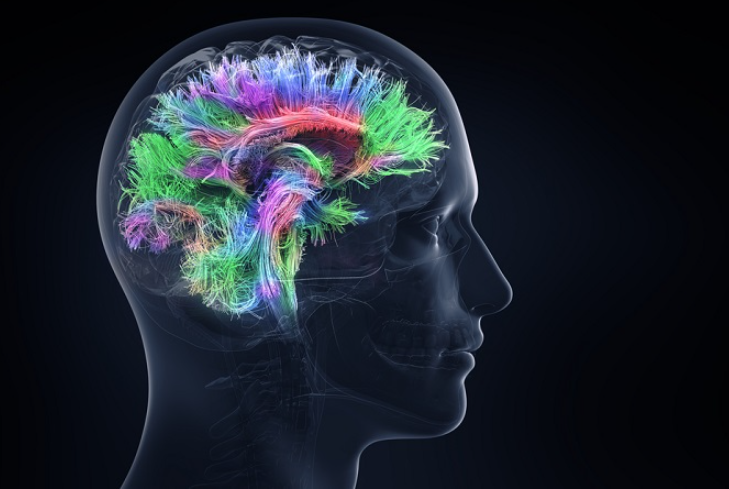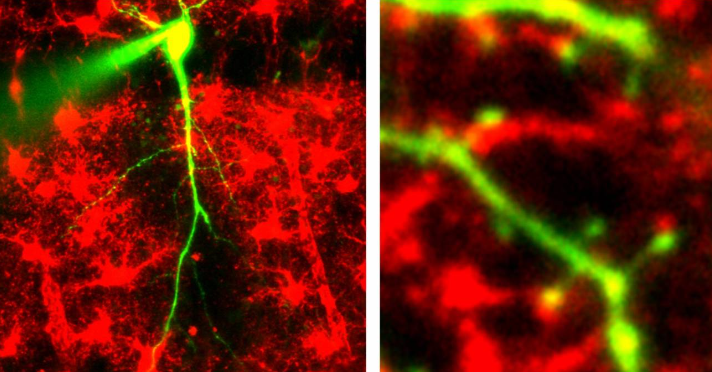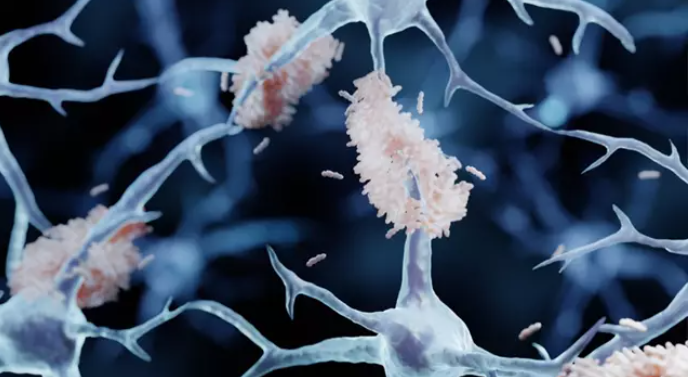Did you know that support cells in the brain may play a role in OCD?

Research conducted by the University of California, Los Angeles (UCLA) revealed a new clue about the brain mechanisms behind obsessive-compulsive disorder (OCD), this disorder, which is characterized by repetitive thoughts and actions. However, its prevalence may be higher due to underreporting and underdiagnosis.
OCD is considered a lifelong anxiety disorder, and although talk therapy, antidepressant medications, or both are typically prescribed for the treatment of OCD, available treatment is not effective for a significant portion of patients. That’s why researchers are looking for new therapeutic approaches to treat OCD and potentially other brain disorders.


In this particular study, the UCLA researchers focused on the role of astrocytes, a type of cell in the brain generally characterized as the brain’s support system. Astrocytes provide support and protection to neurons, but scientists are still trying to understand the role these complex cells play in psychiatric and neurodegenerative diseases.
By studying the proteins expressed by neurons and astrocytes in mice, the researchers found a protein associated with OCD and repetitive behaviors in neurons that was also found in astrocytes. This finding suggests that therapeutic strategies targeting astrocytes and neurons may be useful for the treatment of OCD and possibly other brain disorders.

Furthermore, the researchers found that astrocytes and neurons interact in different ways when the SAPAP3 protein is inserted; this finding suggests that both types of cells could be valid targets for treatments aimed at curbing compulsion. However, only neurons with the SAPAP3 protein were associated with reduced anxiety in the mice, suggesting that astrocytes might not be a good target for reducing anxiety in OCD patients.
Overall, this research is important because it provides valuable information about how astrocytes and neurons interact in the brain and how they can be used as therapeutic targets in the treatment of OCD and possibly other brain disorders. Although there is still much to learn, this study is an important step in understanding OCD and in the search for more effective treatments for people who suffer from it.





Responses